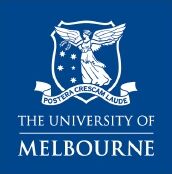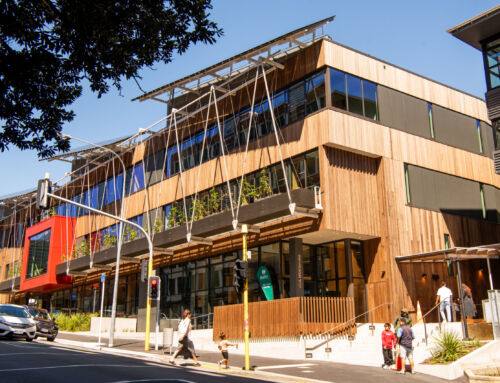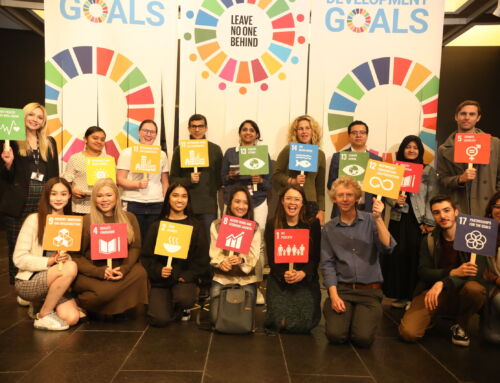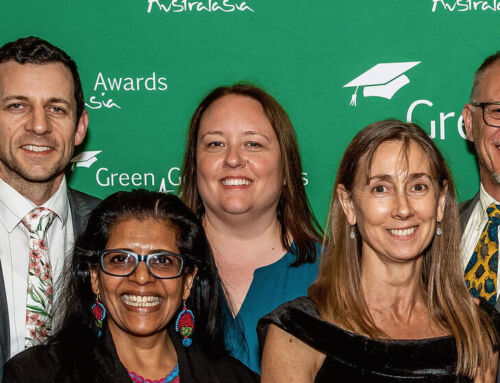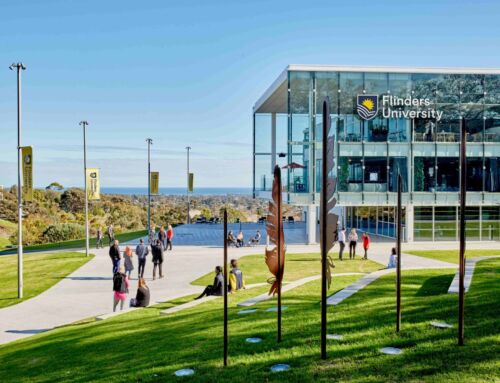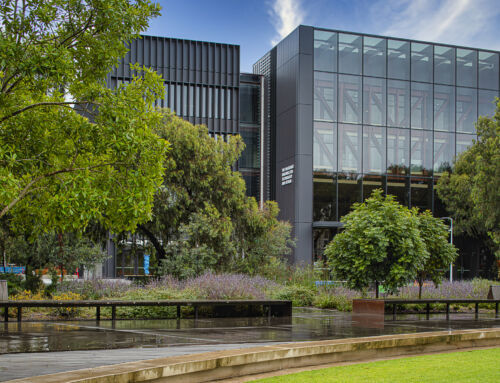The University of Melbourne has been working closely with its food and beverage retailers to remove all plastic beverage bottles from campus.
How does the initiative relate to the University’s sustainability strategy?
The University’s first Sustainability Plan 2017-2020 committed to reducing waste to landfill to 20kg per person by 2020, which was achieved (partly due to COVID). The new Sustainability Plan 2030 went much further, creating targets around a ‘just and circular economy’ including:
- Reducing waste to landfill to 10kg per person
- Reducing the flow and improving the circularity of materials passing through the University
This and other initiatives on campus including the Choose to Reuse Plate Program, Choose to Reuse Events Service, Green Caffeen, and the Reuse Vending Machine are all contributing to the University’s waste reduction targets. Our goal is to eventually create a completely single-use plastic free campus. Everyone has a role to play and each of these initiatives are helping us to achieve this ambitious goal together.
What challenges has this initiative navigated?
As with any major change, the implementation of this initiative was not without its share of challenges. Despite having the restricted sale of plastic bottles included as a sustainability requirement in contracts, there was still significant effort required to ensure all stakeholders were compliant. Consistent communication and scheduled site visits play a pivotal role, especially for new retailers or those undergoing transitions to new contracts. This approach helped retailers understand the changes, including what products and materials are allowed, so they feel supported while ensuring adherence to the correct procedures.
What advice would you give to other organisations looking to replicate this?
With so many alternatives for water and soft drinks now available, it is completely feasible to remove single-use plastic bottles from precincts – and including sustainability clauses in your leasing agreements is a great place to start! Updating our contracts required a collaborative effort from the Sustainability Team, Commercial Services and Space Management.
If you are not in a position to update your contracts, you can still start working with your retailers on the same goal. Engage with them and help them understand the important role they have to address the plastic waste problem. While they may not remove all plastic straight way; with your support they can start to transition and begin introducing alternatives. It’s also vital to communicate how important sustainability is to students and for you to support and promote all efforts from those retailers really trying within your community. With your help in showing them how simple changes can lead to sustainable outcomes, you may not need the updated contract requirements at all.

